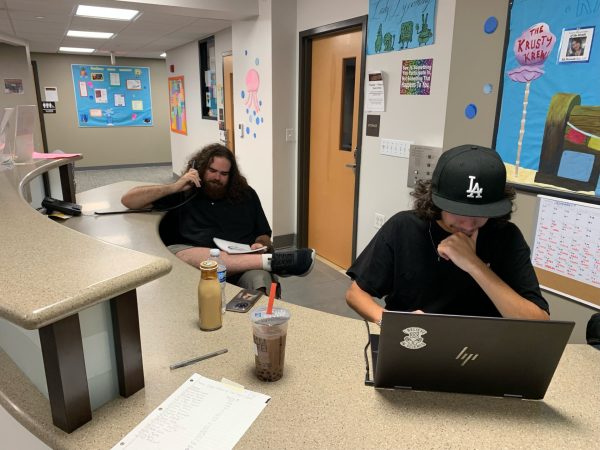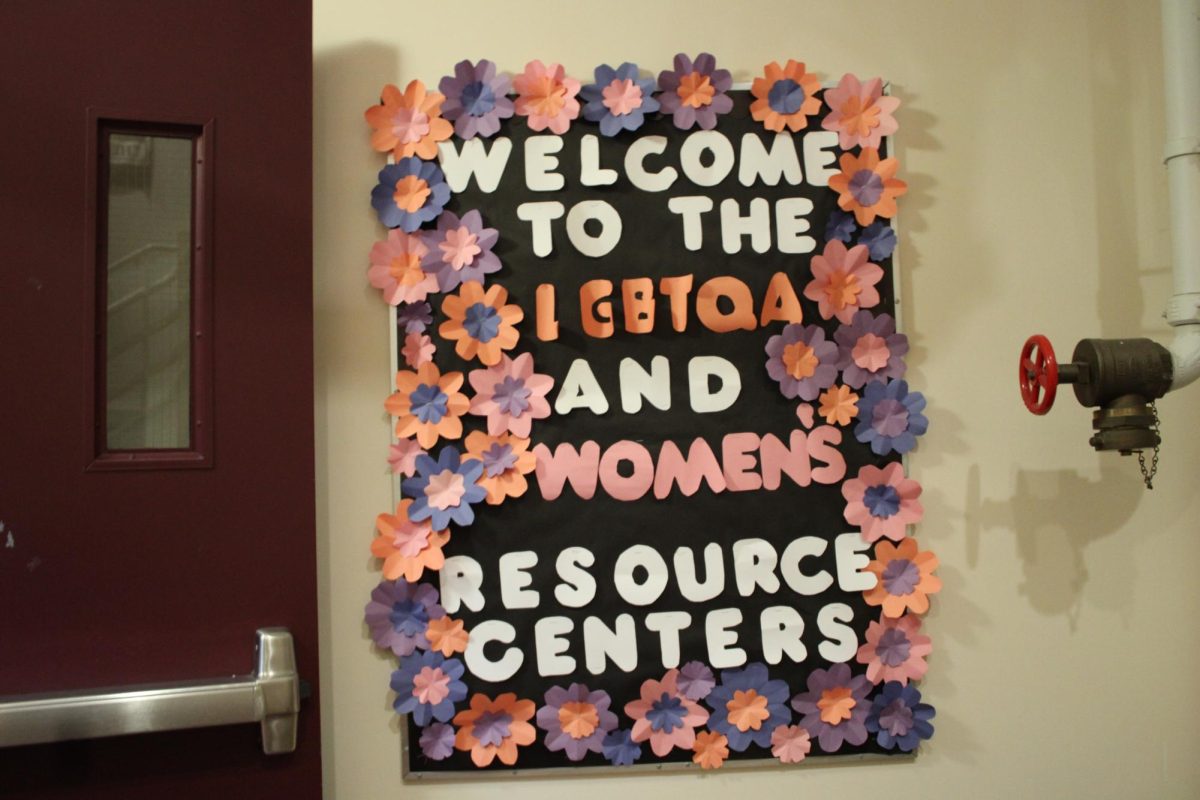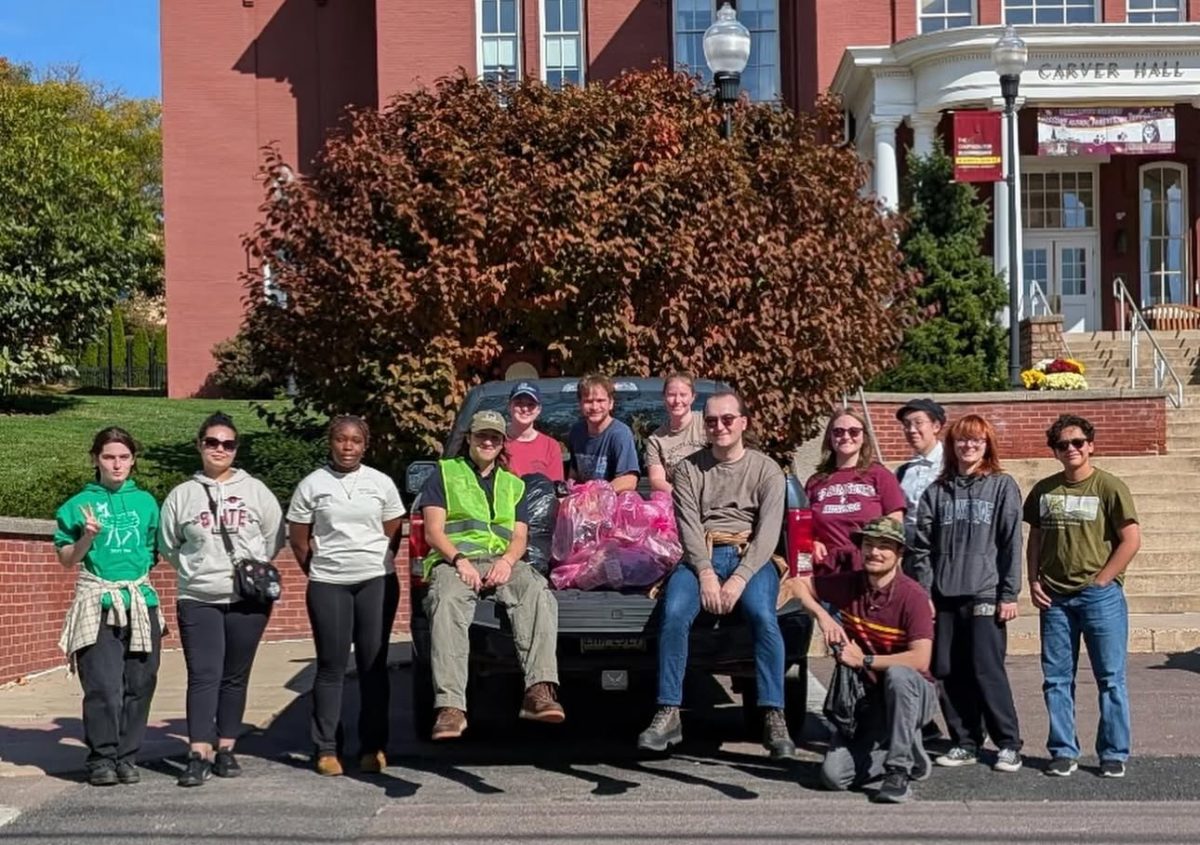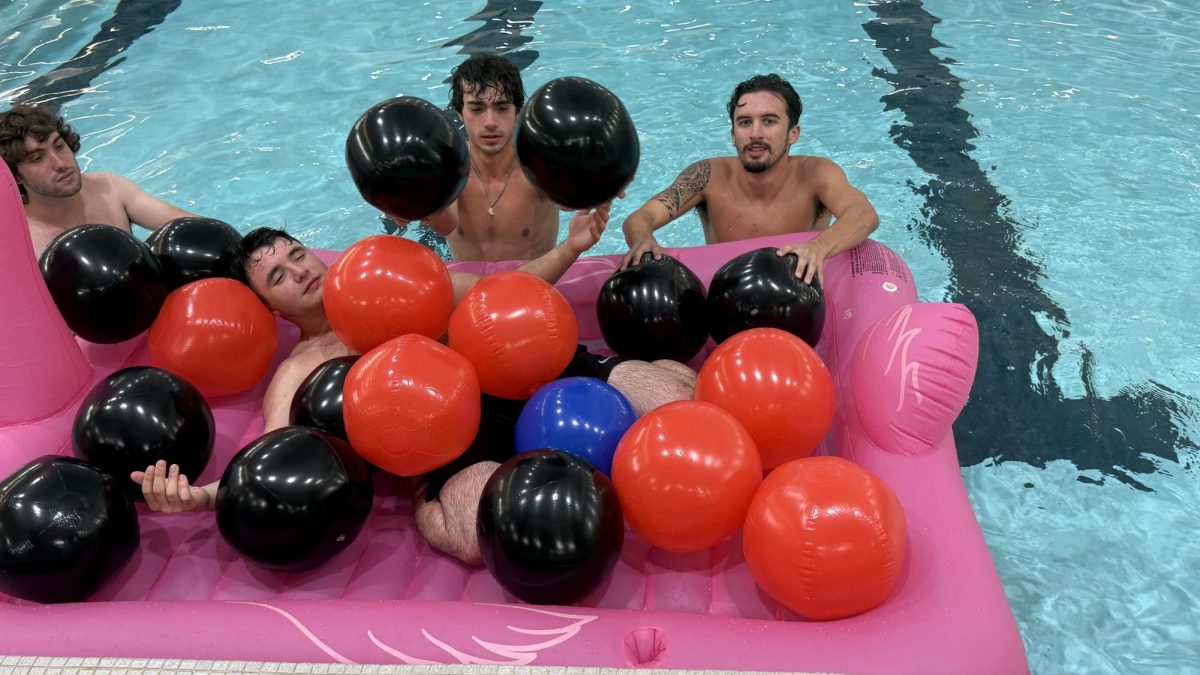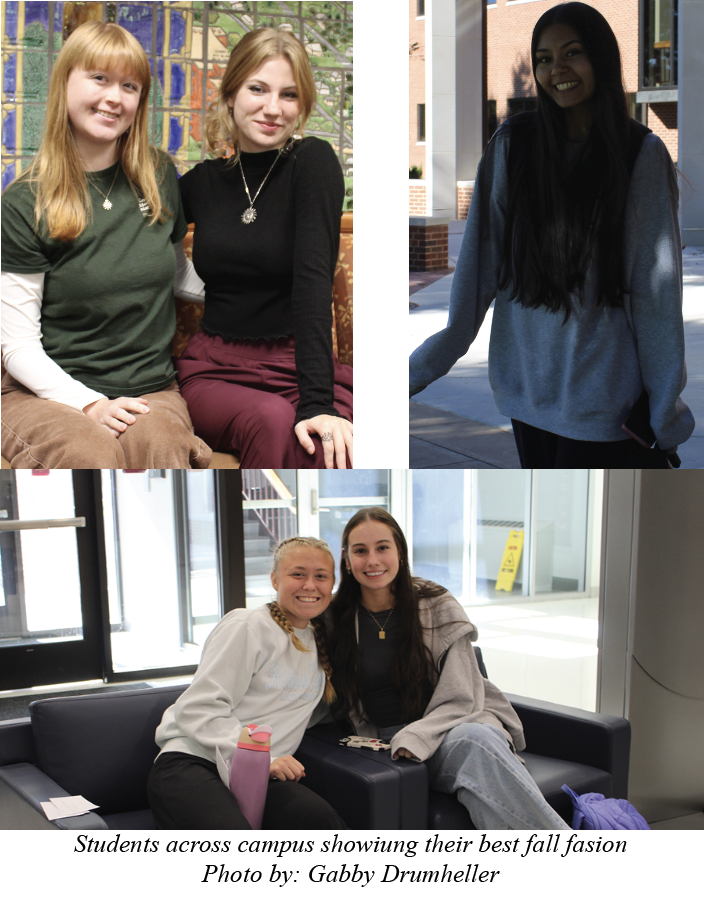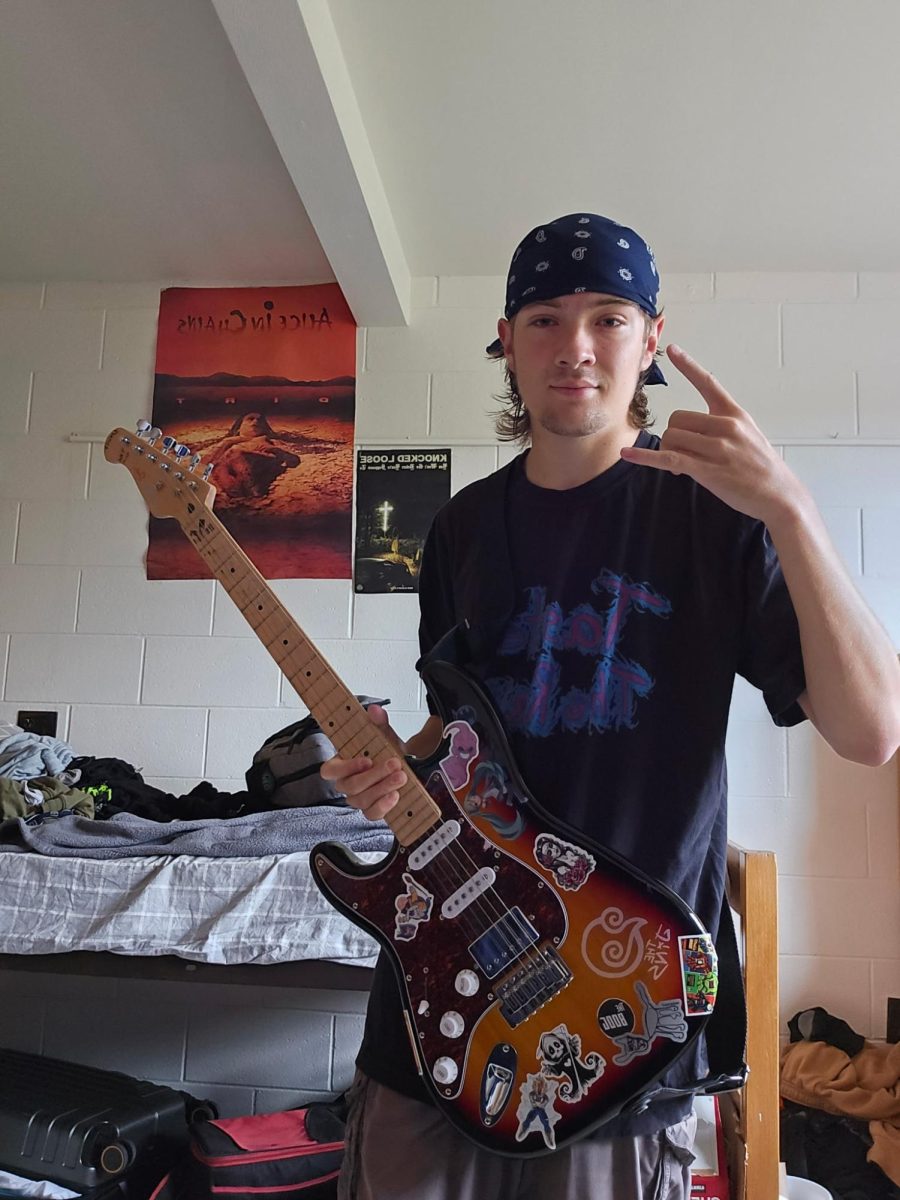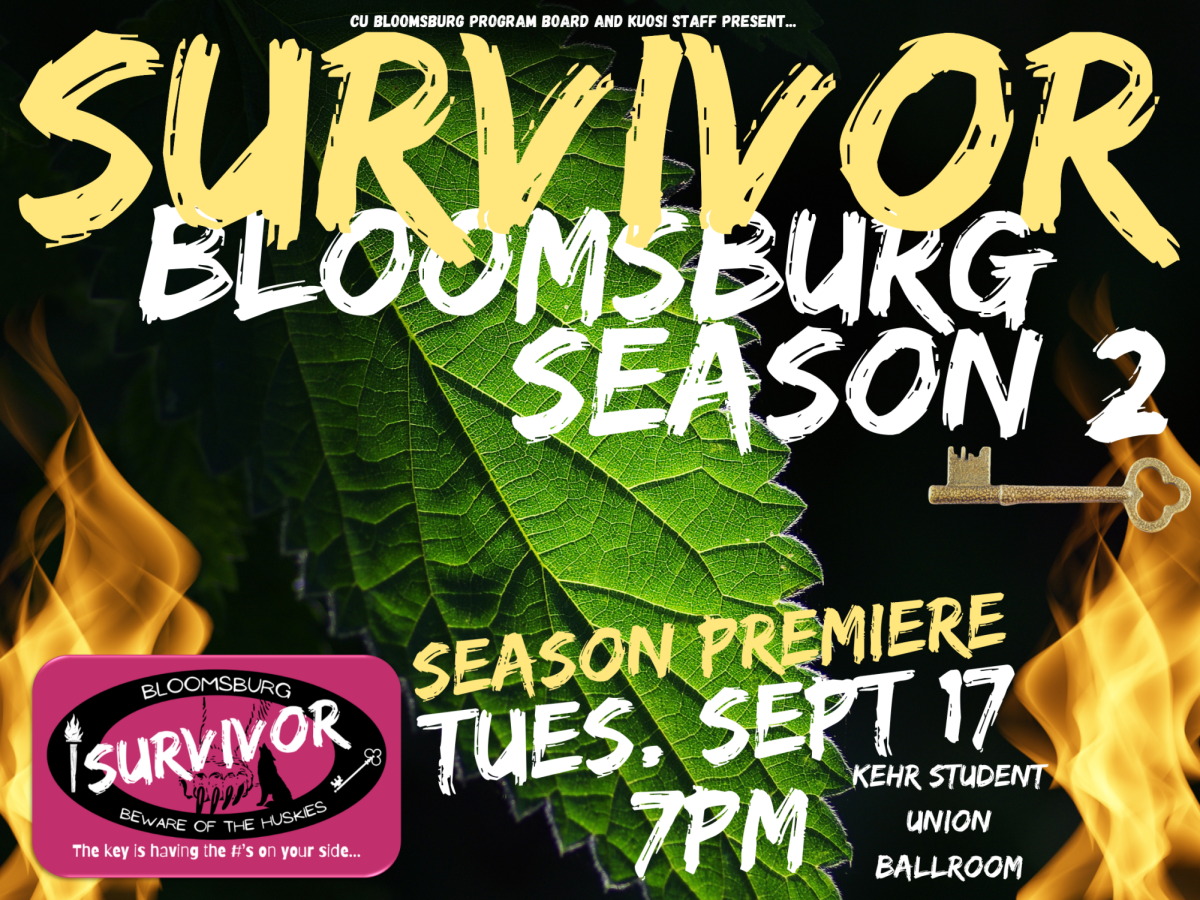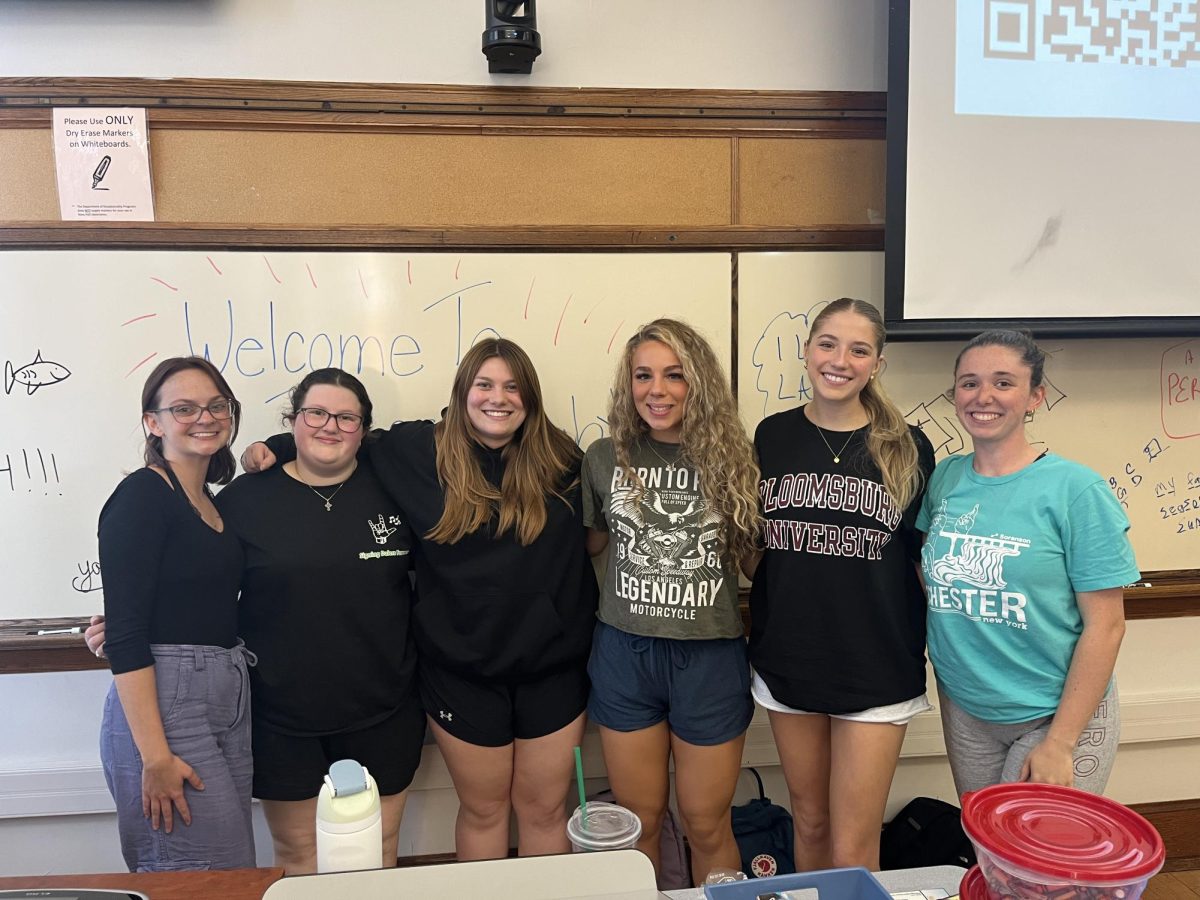The academic rigors of higher education demand the full attention of every student subjected to its rule. The constant pressure of deadlines and full schedules can send the most orderly of students into a tizzy. Yet within this crowd of bleary-eyed young adults living off a diet limited to copious amounts of caffeine and sheer will, is a group of students who have taken on a bigger challenge. On top of managing their own academic and social lives, they’ve embraced the responsibility of caring for and guiding other students. Resident Assistants (RAs) are the cornerstone of college campuses. Their job far extends beyond typical office tasks, adding to the already demanding nature of being a student. But is this fast-paced, fully stretched lifestyle sustainable?
RAs wear many hats throughout the week. The constant change in their routines forces them to be essentially prepared for anything. They help residents with lockouts and handle incidents ranging from medical emergencies to inappropriate behavior. RAs also work desk shifts, plan programs, decorate the residence halls, act as pest control and do extra tasks as needed.
“The demand placed on all RAs is a lot…” says first-year RA, Mason Malloy.
Malloy is a senior political science major. On top of balancing all that comes with being a senior preparing for life post-graduation, Malloy also has to make time for the many tasks of an RA. He’s specifically responsible for reaching out to staff members to learn about their programs and events on campus to put in a weekly newsletter. He also attends many meetings ranging from one-on-ones with the Graduate Hall Director, staff, students and even the food committee where he meets with food service officials to discuss ideas and complaints about food on campus.
RAs also work on an on-call system, meaning that they are listed as the main point of contact for a specific shift. The shifts last from 7 p.m. to 7 a.m.
“Being on-call limits your availability to leave the building, only getting to leave for food IF you can get someone to cover for you,” said Malloy.
The Department of Residence Life recognizes the strenuous nature of the job and tries to provide RAs with the support they need.
“Working as a peer leader, RAs are asked to help their residents in so many ways. We work hard to support them in their work as well as support them as individuals. The position is one of the hardest on campus but also is one of the most rewarding,” said Mark Turnbough, Director of Residence Life.
Those resources are designed to help students balance their work lives.
“If you don’t use those resources, you can feel like you are not being supported,” said first-year RA and sophomore Morgan McKinnis.
While access to resources can provide some relief to the demanding lifestyle of an RA, the question arises how much can it really do to ensure students aren’t swept away by the ever-threatening wave of burnout common among “normal” students?
